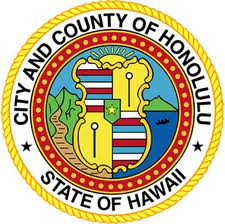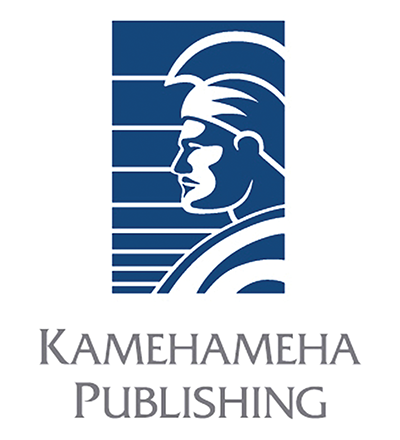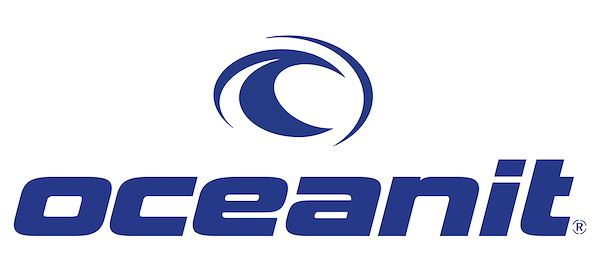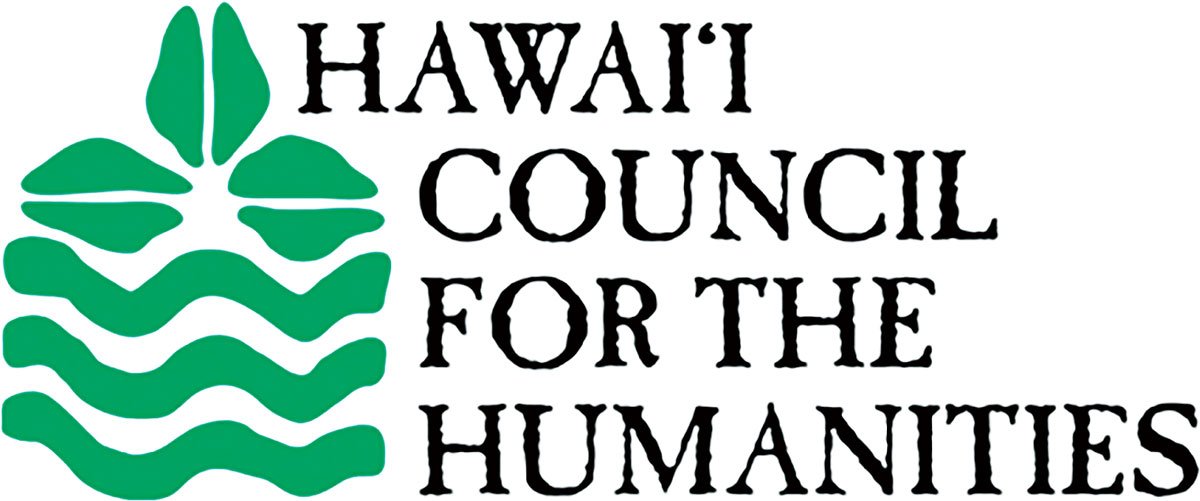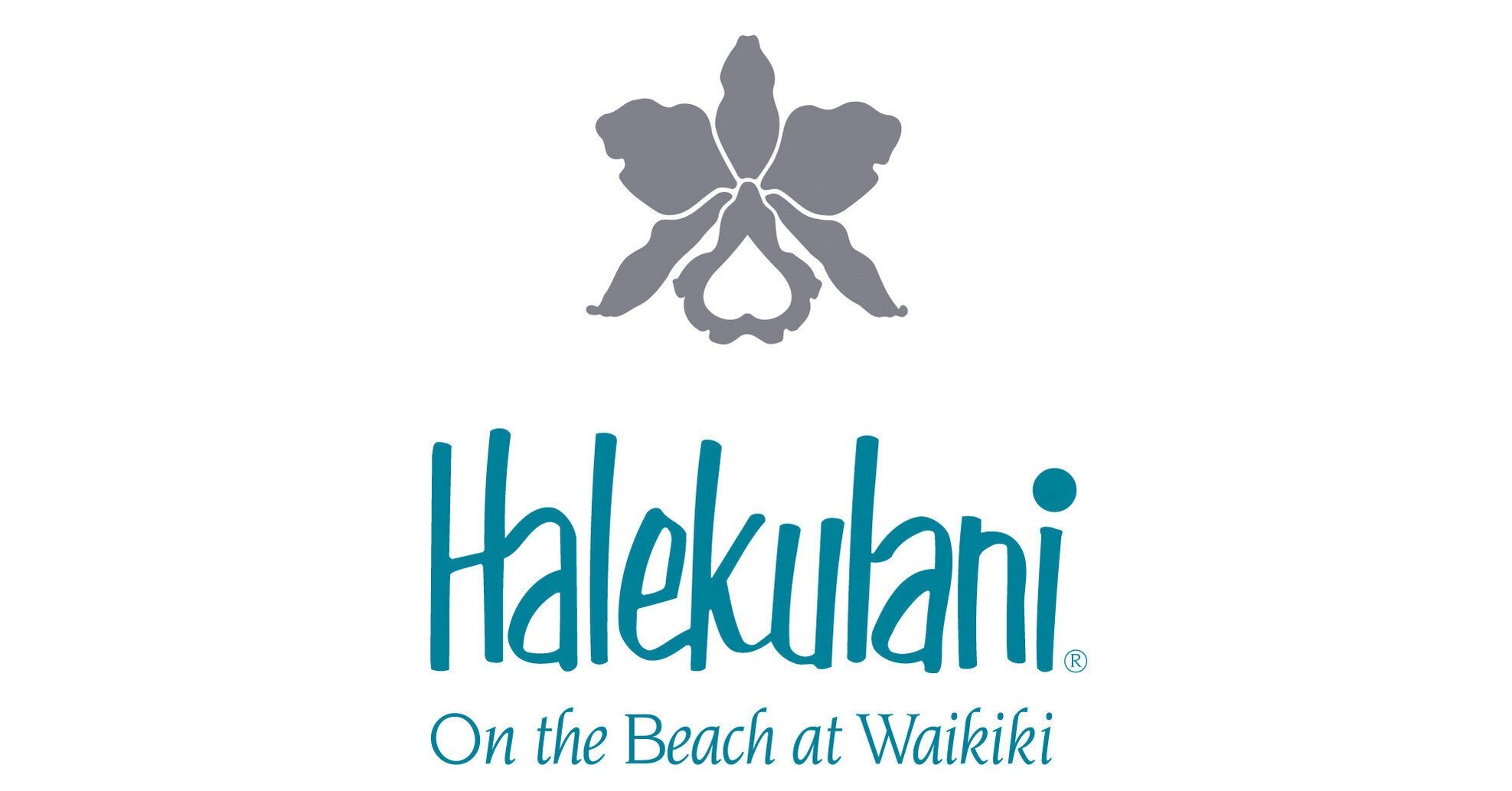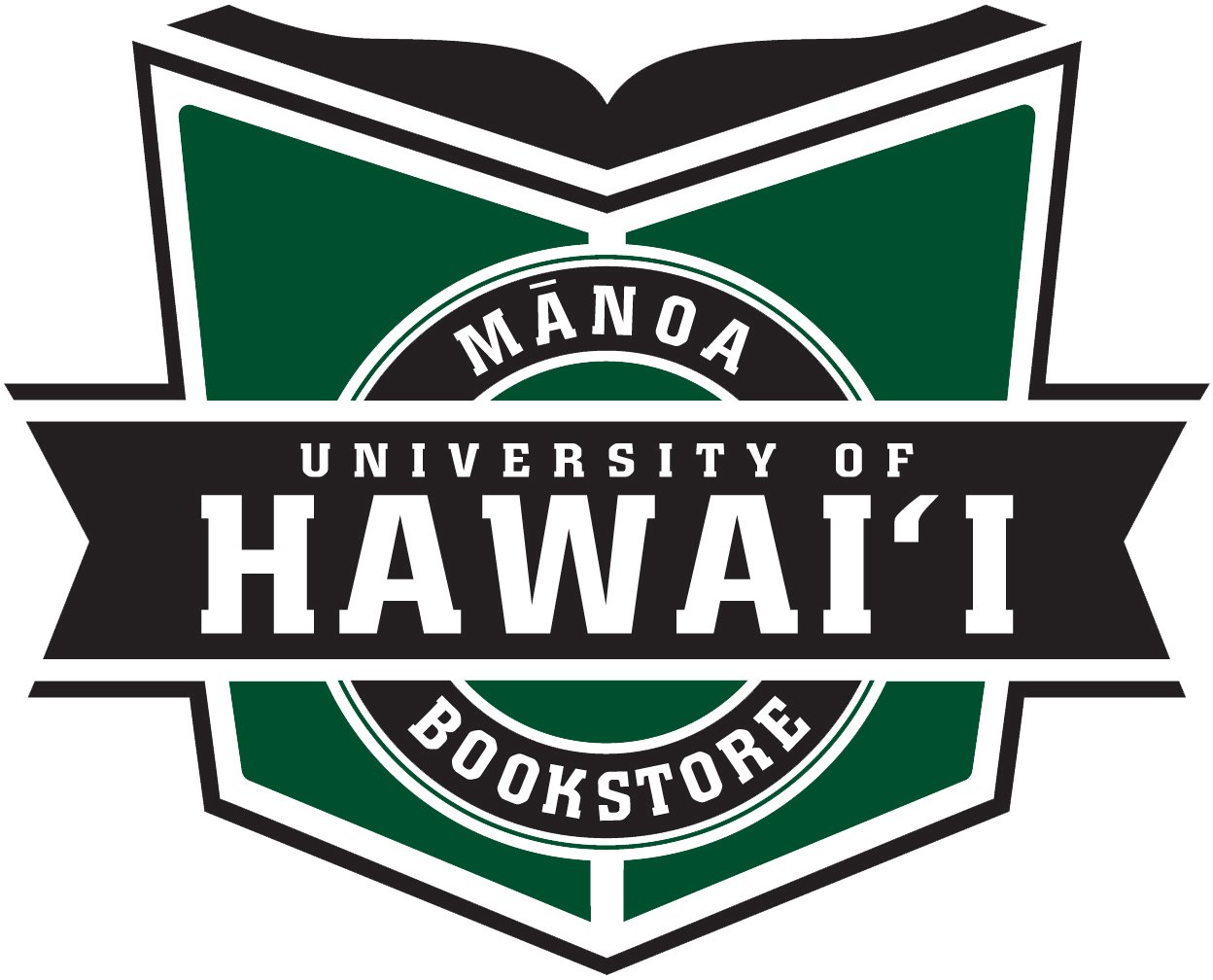ALANA HAWAIIAN CULTURE PROGRAM
10 a.m.-5 p.m. Saturday May 6
Emcee, Nanette Napoleon
10 AM
The New Hawaiian Constitution: How can It Be implemented?
Zuri Aki
Zuri’s interests are often driven by the conditions of the Hawaiian community, which has led him to a wide range experiences; from law school and Disney Imagineering to news columnist and the ‘Aha. He currently serves the Hawaiian community as a public policy advocate for the Office of Hawaiian Affairs.
Peter Apo
Peter Apo is a sitting Trustee of the Office of Hawaiian Affairs with a distinguished career in public service. His 36 years of public service includes 12 years as a Hawai’i State legislator, Director of Culture & Arts for the City & County of Honolulu, Special Assistant on Hawaiian Affairs to Governor Ben Cayetano, and City Director of Waikiki Development.
His public service includes chairing a number community organizations such as Historic Hawai’i Foundation, Pacific Islanders in Communications, and the Hui Wa’a Canoe Racing Association. He served on the Chaminade University Board of Regents, and accepted a distinguished appointment as Civilian Aide to the Secretary of the Army representing Hawai’i. He is committed to community service and continues to serve on numerous boards and commissions.
Colin Kippen
Colin Kippen is an attorney who has served as a judge for Indian tribes in the Pacific Northwest, as the director of Hawaiian Rights at OHA, as Senior Counsel to the US Senate Committee on Indian Affairs, as a presidential appointee, member and chair of the Native American Graves Protection And Repatriation Act Advisory Committee, as a presidential appointee and member of the President’s Commission on Scholars, as a board member of the Smithsonian's National Museum of the American Indian, as the ED of the Native Hawaiian Education Council, as the ED of the National Indian Education Association, and as volunteer who assisted in drafting a Native Hawaiian constitution.
Gov. John Waihee, Mod.
John David Waihe‘e III (born May ١٩, ١٩٤٦) is an American politician who served as the fourth Governor of Hawaii from ١٩٨٦ to ١٩٩٤. He was the first American of Native Hawaiian descent to be elected to the office from any state of the United States. After his tenure in the governor's office, Waihe‘e became a nationally prominent attorney and lobbyist.
Gov. Waihe‘e started his political career as a delegate to the 1978 Hawai‘i State Constitutional Convention where he was instrumental in the creation of the Office of Hawaiian Affairs and the adoption of the Hawaiian language as an official language of the state. He later served one term as a Democratic member of the Hawai‘i State House of Representatives from ١٩٨١ to ١٩٨٣. Waihe‘e was elected Lieutenant Governor of Hawai‘i under Governor George Ariyoshi, serving in that capacity until 1986.
In 2011, Waihe‘e was appointed by Gov. Neil Abercrombie to the Native Hawaiian Roll Commission, established by Act 195. In the following year, the Native Hawaiian Roll Commission actively began working on fulfilling its mandate to bring the Native Hawaiian people together by enrolling with the Commission. This effort is now referred to as Kanaiolowalu (Kana‘iolowalu).[2]
11 AM
A Conversation
In Haste with Aloha: Letters and Diaries of Queen Emma
David Forbes
David Forbes, and independent scholar, is regarded as an expert on the bibliography of Hawaii. Forbes' numerous publications include his Hawaiian National Bibliography, 1780 – 1900 ; Treasures of Hawaiian History; and Encounters with Paradise: Views of Hawaii and its People 1778-1941.
DeSoto Brown
DeSoto Brown is the longtime gatekeeper of the archives at Bishop Museum, where he helps information seekers unearth all manner of treasures from our vast collection of Hawaiian history.
NOON
Yoshiko Sinoto: Curve of the Hook
A book-length interview of Dr. Yosihiko Sinoto by Hiroshi Aramata, Curve of the Hook contains over 100 illustrations — including unpublished photos from Dr. Sinoto’s private collection — plus notes and a list of references. For nearly six decades, Dr. Sinoto has conducted field research on every island group across the Pacific. His work and discoveries fundamentally changed what is known about early Polynesian migration, ancient ocean voyaging and navigation, sacred places, and the everyday life of the Pacific’s indigenous people.
Frank Stewart
Frank Stewart (Moderator) is professor of English at the University of Hawaii, a writer, and translator. Since ١٩٨٩, he has twice yearly edited Mānoa: A Pacific Journal of International Writing, published by the University of Hawai‘i Press. He has also published six books of his own work and eight anthologies on the environment and literature of Hawai‘i, Asia and the Pacific.
Eric Komori,
Eric Komori is a principal of T. S. Dye & Colleagues, a private archaeological consulting firm. Following his graduation from the University of Hawai‘i, he joined the staff of the Bishop Museum Anthropology Department, working primarily on the archaeology of Hawaii and the Society Islands. At the State Historic Preservation Division, and in collaboration with the Office of Hawaiian Affairs, National Park Service, and numerous other organizations, he integrated the museum’s models for archaeological research, conservation and management to develop a geographic information system (GIS) for the Hawai‘i Statewide Inventory of Historic Places. He works to expand on this effort as a research associate at Bishop Museum.
Alexander Mawyer
Alexander Mawyer is associate professor of Pacific Islands Studies at the University of Hawai‘i at Manoa, editor of The Contemporary Pacific: A Journal of Island Affairs, and co-director of UHM's Biocultural Initiative of the Pacific. His active research interests are at the intersection of language and nature in Pacific homelands, space and spatial orientation, language shift and revitalization, and legacies of the nuclear experience in French Polynesia's Gambier Islands.
Hardy Spoehr
Hardy Spoehr moved to Hawai‘i from Saipan in the early 1950s, when his father, Alexander Spoehr, became director of the Bishop Museum. The author and coauthor of over one hundred publications, Hardy served as executive director of Papa Ola Lokahi: The Native Hawaiian Health Board for two decades.
I PM
The Works of Eddie Kamae
Carlton Ka‘ala Carmack
Native Hawaiian Carlton Ka‘ala Carmack is a multi-talented musician, singer, pianist, and teacher. He has been a lecturer in Pacific Island Studies, College of Ethnic Studies at San Francisco State University in California and has taught and performed in the Bay area for 25 years. He has produced and directed a stage production for Nihonmachi Little Friends’ After School Program at the Palace of Fine Arts, and has also served as musical consultant for the Japanese Bilingual Bicultural Program at Clarendon Elementary School. Carmack has also offered Hawaiian Music and Expressive Singing courses at the Japanese Cultural and Community Center of Northern California. He has two Master’s degrees: an M.M. in vocal pedagogy and choral conducting, and an M.A. in ethnomusicology. Besides being the leader of and performing with Piko Hawaiian Trio, he has also been, for the past several years, one of the lead singers and guitarists for Patrick Makuakane’s nationally touring company, Hula halau, Na Lei Hulu I ka Wekiu. He is currently a Music Instructor at WCC, and Director of the Hawaii Music Institute.
Dr. Teresa Haunani Makuakāne-Drechsel
Dr. Teresa Haunani Makuakāne-Drechsel was born and raised on the island of Hawai`i and currently resides on O`ahu. She has advanced degrees in linguistics and education and, for over 30 years, was an educator in Hawai`i and U.S. continent. Though now retired, she continues to actively participate in several Native Hawaiian education and community organizations, including the Hawaiian Legacy Foundation.
Myrna Harmer Kamae
Eddie Kamae’s wife Myrna was Producer of all ten documentaries in The Hawaiian Legacy Series. Previously, she worked in the Office of the Lieutenant Governor in Voter Education and as a Production Assistant for the Hawai‘i State Department of Education in Educational Television. Myrna is coordinator for The Hawaiian Legacy Series educational programs and co-author of the Study Guides that accompany these programs. She serves as Executive Director of The Hawaiian Legacy Foundation.
K. Meinecke,
Fred Kalani Meinecke is an assistant professor of Hawaiian language at Windward Community College.
Known to his students as Kumu Kalani, his determination to keep the Hawaiian language alive is recognized by all of his students and peers alike.
He is said to “breathe life into the Hawaiian language through his personal and intimate knowledge of both culture and language.” His boldness offers his students a “greater sense of hope and pride.”
Meinecke has inspired many of his students to continue their education through graduate level work, and many have become teachers themselves.
2 PM
Finding Meaning: Kaona and Contemporary Hawaiian Literature
Brandy Nalani McDougall examines a vibrant selection of fiction, poetry, and drama by emerging and established Hawaiian authors, including Haunani-Kay Trask, John Dominis Holt, Imaikalani Kalahele, and Victoria Nalani Kneubuhl. At the center of the analysis is a hallmark of Hawaiian aesthetics—kaona, the intellectual practice of hiding and finding meaning that encompasses the allegorical, the symbolic, the allusive, and the figurative. With a poet's attention to detail, McDougall interprets examples of kaona, guiding readers through olelo no'eau (proverbs), mo'olelo (literature and histories), and mooku'auhau (genealogies) alongside their contemporary literary descendants, unveiling complex layers of Hawaiian identity, culture, history, politics, and ecology. With a poet's attention to detail, McDougall interprets examples of kaona, guiding readers through olelo, no'eau mo'olelo,and mooku'auhau alongside their contemporary literary descendants, unveiling complex layers of Hawaiian identity, culture, history, politics, and ecology.
Brandy Nalani McDougall
Born and raised on Maui, Brandy Nālani McDougall earned a BA from Whittier College and an MFA from the University of Oregon and is a PhD candidate at the University of Hawai‘i at Mānoa. She also studied at the University of Auckland. McDougall is the author of the poetry collection The Salt-Wind / Ka Makani Pa‘akai (2008) and Finding Meaning: Kaona and Contemporary Hawaiian Literature (2016). to create a complex, bilingual texture.” McDougall teaches at the University of Hawai‘i at Mānoa.
3 PM
The Essential Hawaiiana Library for the 20th Century
Tom Coffman
Tom Coffman is an independent researcher, writer, and producer. He graduated from the William Allen White School, Kansas University, and became a reporter for United Press International in New Mexico in 1965. Within a year he became state government reporter for the Advertiser. He moved to the Honolulu Star-Bulletin and became political reporter and bureau chief. In ١٩٧٢, he wrote Catch a Wave, a widely read chronicle of the 1970 gubernatorial campaign and the social and political turmoil of that period. A year later, he left newspaper reporting to work as an independent writer and media producer. Expanding on research for Catch a Wave, his productions began to integrate a chronology of the development of Hawaii, which led to the television documentaries O Hawaii: From Settlement to Kingdom and Nation Within.
Tom Coffman’s work has won national awards for production of video, film, interactive media, and multi-image. Ganbare, about the early wartime experiences of Japanese Americans, was selected Best Film by a Hawaii Filmmaker at the 1995 Hawaii International Film Festival. Two of his books--the first edition of Nation Within and The Island Edge of America: A Political History of America received Ka Palapala Pookela Awards for Excellence in Nonfiction from the Hawaii Book Publishers Association. After publication of Nation Within, Coffman also received the Hawaii Award for Literature, the highest recognition given by the state of Hawaii for outstanding literary achievement. He is currently working on a film about the assassination of Benigno Aquino, Jr., in the Philippines
Davianna Pōmaika‘i Mcgregor
Davianna Pōmaika‘i McGregor is a Professor and founding member of the Ethnic Studies Department at the University of Hawai‘i at Mānoa. She is a historian of Hawai‘i and the Pacific. Davianna grew up in the ahupua‘a of Kaiwi‘ula in the Kapālama district of O‘ahu and spent her summers with grandparents in Waiākea, Hilo, Hawai‘i.
She currently resides on O‘ahu and Moloka‘i. As a member of the Protect Kaho‘olawe ‘Ohana she helps to steward the lands of Kaho‘olawe – Kohe Mālamalama O Kanaloa. She is the author of Na Kua‘aina: Living Hawaiian Culture.
John P. Rosa, Mod.
John Rosa is Associate Professor of History at the University of Hawai‘i at Mānoa with a primary focus on the history of modern Hawai‘i. He also teaches U.S. history and the senior thesis writing seminar. Before teaching at UH, Dr. Rosa served as Assistant Professor of Asian Pacific American Studies (2000-2006) at Arizona State University in Tempe and as Visiting Assistant Professor of Asian Pacific American Studies at Loyola Marymount University in Los Angeles (1998-1999). He also taught at Kamehameha Schools, Kapālama. Dr. Rosa’s research focuses mostly on the social and cultural history of twentieth-century Hawai‘i and the histories of Asian Americans and Pacific Islanders in the United States. He has published articles on teaching about the history of Hawai‘i, about “local” identity in Hawai‘i, and the history of “mixed-race” studies. His book, Local Story: The Massie/Kahahawai Case and the Culture of History, has been published by University of Hawai‘i Press.
4 PM
Under the Volcano: The People of Kalapana
Kalapana, which lies downslope from Kilauea, the most active Hawaiian volcano, is one of the few Hawaiian communities that persisted on the land into the twentieth century. Encroaching lava flows forced The Kalapana community to move away in the 1980s. This oral history shares the memories of people who grew up in Kalapana in the 1920s and 1930s, much of it in their own words. With the twentieth century, Hawaiians and Hawaiian culture tend to disappear from the written histories of Hawaii, seemingly less important than the burgeoning plantation economy and the prospering white and Asian immigrant groups. This book brings the history of Kalapana up to the present, including the 1986-1990 lava flow that covered most of the villages and dispersed the Hawaiian community, and subsequent moves toward community renewal.
Kale Langlas
Charles (Kale) Langlas is retired from the College of Hawaiian Language, University of Hawaii at Hilo. He lived on the Island of Hawai‘i for many years.

